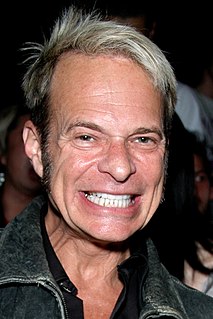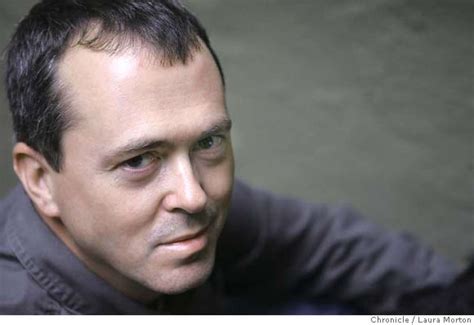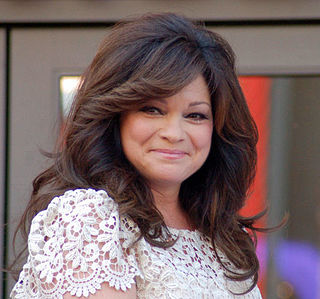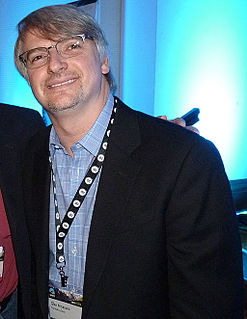A Quote by David Lee Roth
People ask me how far I've come. And I tell them twelve feet: from the audience to the stage.
Related Quotes
You see, what is my purpose of performance artist is to stage certain difficulties and stage the fear the primordial fear of pain, of dying, all of which we have in our lives, and then stage them in front of audience and go through them and tell the audience, I'm your mirror; if I can do this in my life, you can do it in yours.
You see, what is my purpose of performance artist is to stage certain difficulties and stage the fear the primordial fear of pain, of dying, all of which we have in our lives, and then stage them in front of audience and go through them and tell the audience, 'I'm your mirror; if I can do this in my life, you can do it in yours.'
Normally classical music is set up so you have professionals on a stage and a bunch of audience - it's us versus them. You spend your entire time as an audience member looking at the back of the conductor so you're already aware of a certain kind of hierarchy when you are there: there are people who can do it, who are on stage, and you aren't on stage so you can't do it. There's also a conductor who is telling the people who are onstage exactly what to do and when to do it and so you know that person is more important than the people on stage.
I don't ask my students to have studied film or any education in general. What I ask them is to come and sit and tell me a story, and the way they choose it and tell it, for me, the best criteria for whether they are right for making films. There's nothing more important than being able to tell your story orally.
Some people ask who they are and expect their feelings to tell them. But feelings are flickering flames that fade after every fitful stimulus. Some people ask who they are and expect their achievements to tell them. But the things we accomplish always leave a core of character unrevealed. Some people ask who they are and expect visions of their ideal self to tell them. But our visions can only tell us what we want to be, not what we are
How come someone always saves the people who try to kill themselves and then makes them tell everyone how sorry they are for ruining their evening? I keep feeling like everyone wants me to apologize for something. but I'm not going to. I don't have anything to apologize for. They're the ones who screwed everything up. Not me. I didn't ask to be saved.
Be undeniably good. When people ask me how do you make it in show business or whatever, what I always tell them & nobody ever takes note of it 'cause it's not the answer they wanted to hear-what they want to hear is here's how you get an agent, here's how you write a script, here's how you do this-but I always say, “Be so good they can't ignore you.” If somebody's thinking, “How can I be really good?” people are going to come to you. It's much easier doing it that way than going to cocktail parties.
People tweet me all the time and tell me how much they love it, how they can't wait for the show to come back on, that they're addicted to the show. So that's really rewarding. As an artist, we're all looking for that connection to an audience and when you find people as diehard as our fans are - it's sort of like finding the holy grail.



































